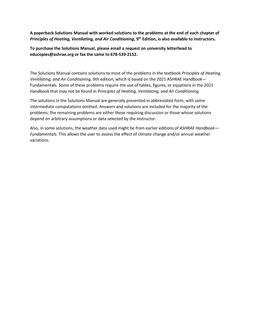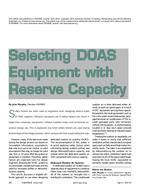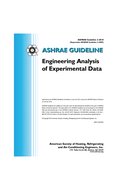The goal of this study was to establish a path loss model for predicting wireless signal transmission in residential house to guide configuration of reliable wireless network application in multi-zone HVAC system control. Our study focused on ZigBee, a wireless networking protocol tailored for low cost and power consumption sensor networks. Factors affecting wireless data transmission in a residential indoor environment include space separations (e.g., walls, floors, and furniture) and interference from other wireless devices. Effects of these factors on the path loss of wireless channels were quantified through an empirical signal attenuation model based on received signal strength indicator (RSSI) value. The model was validated by comparing the predicted pass loss to the measured loss. The results showed that the mean and the standard deviation of the prediction errors were 7.7±7.1 dB, which is comparable to previous literature research results. Our performance analysis showed that the over-prediction of our path loss model is bounded by 11.8%. The path loss model can be used as a means to determine the sensor locations for reliable networks and to improve the design of wireless transceivers.
Citation: ASHRAE Transactions, Volume 118, Part 1, Chicago, IL
Product Details
- Published:
- 2012
- Number of Pages:
- 1
- File Size:
- 1 file , 380 KB
- Product Code(s):
- D-CH-12-022


